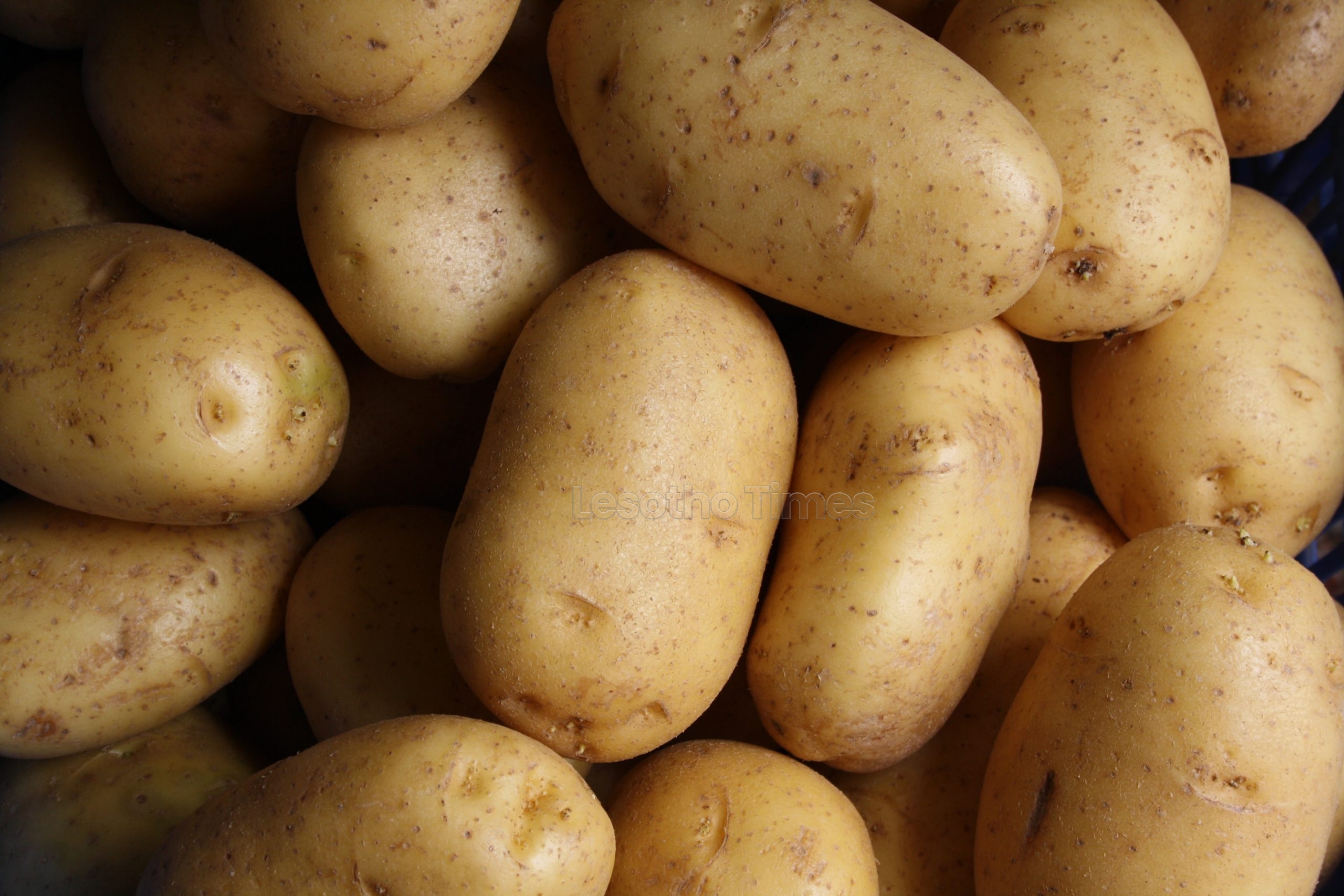. . . as LCCI criticises embargo
Rethabile Pitso
THE Ministry of Agriculture, Food Security and Nutrition is considering lifting the ban on the import of potatoes and cabbage following reports of reduced supplies from local farmers, the Ministry’s Principal Secretary, Thabo Moleko, has revealed.
Speaking to the Lesotho Times yesterday, Mr Moleko said the situation was different with eggs, which remain in abundance countrywide, with storage facilities over stocked due to low demand.
The Ministry’s change of heart comes barely two months after it announced a ban on potatoes, cabbage and eggs, arguing that local farmers produce enough to meet the country’s demand.
The decision, however, drew mixed reactions from both the public and the private sector.
Mr Moleko said the Ministry’s commitment to support local farmers was the key factor behind the ban, stressing that it was an informed decision based on data collected from districts.
“Based on data received from our district coordinators and marketing offices, we were informed that we had sufficient supplies of these products. We liaise very closely with farming organisations such as the Lesotho National Farmers Union (LENAFU) to monitor farming activities countrywide,” Mr Moleko said.
He explained that the Ministry acted to protect the businesses of local crop producers from collapsing under competition from imports.
Despite reports of some crop losses, the month-long protection made a significant difference to farmers, as most of their produce was consumed locally, he said.
However, he acknowledged that the plan was not without challenges, citing large quantities of eggs remaining in storage across the country after consumers rejected them due to high prices.
“At first we suspected smuggling activities around the borders, but after engaging with the Revenues Services Lesotho, we discovered that inflated prices were the main reason for poor egg sales.
“Some producers took advantage of the ban to increase prices, hoping consumers would be forced to buy. As a result, we now have sheds full of unsold eggs across the country.”
He also said the Ministry is currently conducting studies to determine when and for how long the ban should be lifted, adding that the exercise will be approved once there are no more farmers coming forward with produce.
Also speaking to this publication, the Lesotho Chamber of Commerce and Industry (LCCI) Chief Executive Officer, Fako Hakane, warned against the ban, calling it premature.
Mr Hakane said such decisions should only be made after thorough assessment to determine if local suppliers can adequately meet demand sustainably.
“I believe there is still a long way to go before deciding we can close off borders. It is wise for government to engage further with the private sector, such as the LCCI, to obtain accurate statistics before coming to such decisions.
“As it stands, Lesotho lacks mechanisms such as crop rotation or sustainable means of production. Until such a time we have a massive expansion of greenhouses to sustain us throughout the seasons, we advise government to refrain from acting against imports,” Mr Hakane said.
However, he lauded improvements in the agricultural sector, saying yield performances need to be documented and preserved as data for future reference, thereby paving the way for sustainable farming.
“Lesotho has strong potential to excel in potato production compared to its regional peers, given its fertile soil which supports the farming of organic potatoes.”


